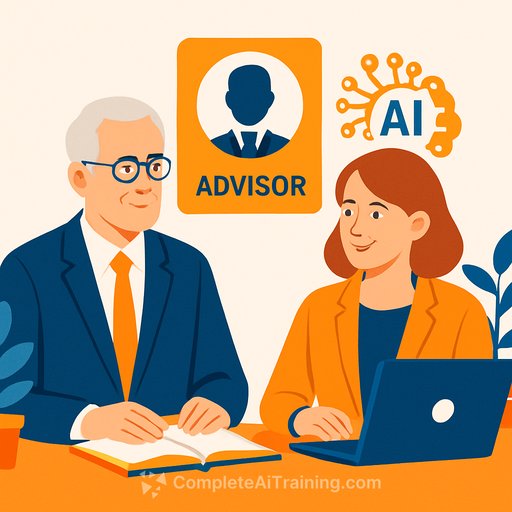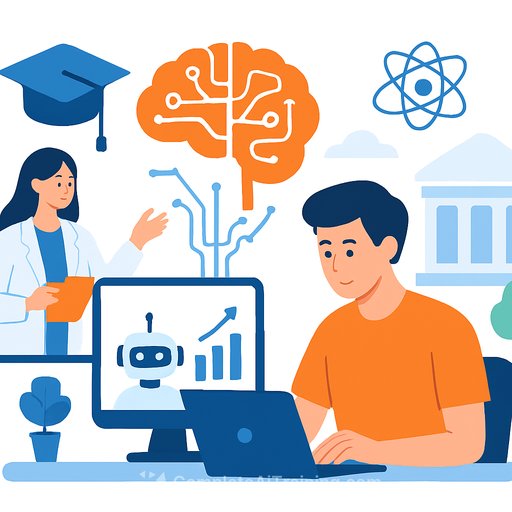EiM launches Education Advisory Board with AI focus and global leadership
Education in Motion (EiM) has launched a new Education Advisory Board to guide its strategy for teaching, learning, and technology. The Board brings together leaders from universities and industry to support schools with practical, future-ready guidance.
The Board is co-chaired by Lesley Meyer, EiM's Chief Education Officer, and Richard Levin, former President of Yale University and former CEO of Coursera. Their remit: help schools keep academic standards high while making smart use of new tools and methods.
Who's on the Board
- Lesley Meyer - Co-Chair, Chief Education Officer at EiM
- Richard Levin - Co-Chair, Frederick William Beinecke Professor of Economics Emeritus at Yale; former Coursera CEO (Coursera)
- Rose Luckin - Professor at University College London, specialist in AI in education (UCL)
- David Leebron - Former President of Rice University; former Dean at Columbia Law School
- Andrew Hamilton - Former Vice-Chancellor at Oxford University; former President of New York University
- Doris Sohmen-Pao - Former Princeton University trustee; former INSEAD MBA Program Director
Why this matters for educators
- AI with pedagogy first: Guidance on where AI supports learning goals (feedback, differentiation, formative assessment) and where it should be limited.
- Assessment integrity: Clear approaches to academic honesty, authentic assessment, and policy updates across subjects and grade levels.
- Teacher capability: Practical professional learning to build confidence with AI tools, prompt practices, and classroom routines.
- Data, ethics, and safety: Guardrails for student privacy, transparency, and age-appropriate use.
- Curriculum relevance: Emphasis on critical thinking, creativity, communication, and problem-solving alongside disciplinary depth.
What to watch next
- Frameworks and position papers that schools can adopt or adapt.
- Pilots or case studies that show classroom impact and measurable outcomes.
- Practical toolkits for policy, procurement, and classroom rollout.
- Partnerships with universities and providers for research and teacher development.
Signals from leadership
EiM's leadership notes that the Board will bring fresh thinking to help schools prepare learners for the decades ahead. The focus is balancing enduring academic skills with new modes of learning, technology use, critical thinking, and creativity-so education stays rigorous and relevant.
Action steps you can take now
- Audit current practice: Map where AI is used (or should be), from feedback to admin tasks. Identify quick wins and risk points.
- Update policies: Refresh academic integrity, data privacy, and tool approval workflows. Involve teachers and students in the process.
- Invest in staff learning: Run short, repeated training cycles focused on use cases, classroom routines, prompts, and reflection.
- Rethink assessment: Increase authentic tasks, oral defenses, and process evidence to reduce misuse and increase depth of learning.
- Measure impact: Track student outcomes, teacher workload, and equity of access. Ship small improvements monthly.
For teams building AI capability
If you're planning staff development around AI, explore curated options by role and skill to accelerate adoption without guesswork: AI courses by job.
EiM's new Board brings deep academic and executive experience to a practical question every school faces: how to keep standards high while using new tools with care and clarity. Expect guidance that is concrete, shareable, and built for real classrooms.
Your membership also unlocks:






